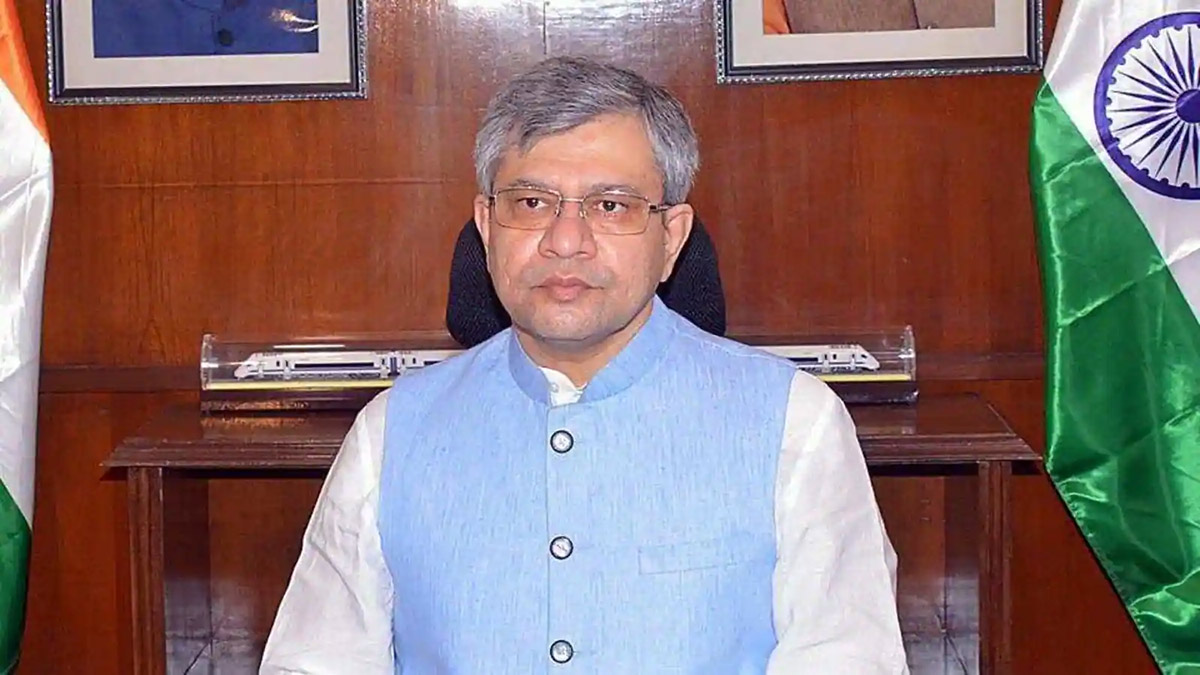India's electronics industry is confident of being able to figure out alternative supply chains for rare heavy earth metals as their traditional supply chains are being placed under export licensing regimes, Union Electronics and IT Minister Ashwini Vaishnaw said.
"Whatever we have had discussions with the industry so far, the industry feels that they will be able to figure out the alternatives. The world has been preparing for diversifying the value chains ever since Covid struck," Vaishnaw said.
He was speaking to the media after the inauguration of the mechanical innovation park of VVDN Technologies at Manesar in Gurugram.
Earlier this month, China suspended the supplies and exports of critical minerals, magnets and rare heavy earth metals such as terbium, yttrium, dysprosium, gadolinium, lutetium, samarium and scandium. These minerals, magnets and metals are crucial components used in the manufacture of electronics, semiconductor chips and defence equipment.
The restrictions on these metals were placed by China as part of its response to the reciprocal tariffs that were imposed on it by the United States.
India's supply chains for electronics had grown over the last decade to achieve a production value of over Rs 11 lakh crore, while exports of electronic goods had crossed Rs 3.25 lakh crore during this time, he said.
"The ecosystem is now maturing with capabilities for design for advanced electronics such as AI servers which are both designed and manufactured in India. VVDN alone has manufactured more than 6,000 servers till date," Vaishnaw said.
Apart from the design capabilities, tools which are required in the electronics design industry are also being made in the country, compared to earlier when all of this was imported, he said.
The electronics component scheme, which was notified earlier this month, will also help deepen the value chain, Vaishnaw said, adding that India was now being valued as a trusted partner both for its design capabilities and respect for intellectual property rights.
Once up and running, the electronics manufacturing industry will see exponential growth over the next four to five years, he said, adding that guidelines for the electronics component manufacturing scheme will be released within the next few days. A separate portal for applicants will also be launched, he said.
"PCB, PCB assembly, camera module... I would prefer the entire camera to be made in India. Components manufactured here will be even exported to Japan... that kind of precision is available here. We want to see a wide spectrum of products being made with special focus on some of the products of this ecosystem," Vaishnaw said.
Aashish Aryan, Business Standard
